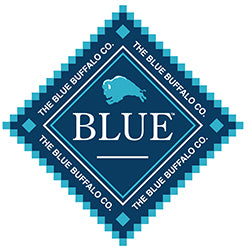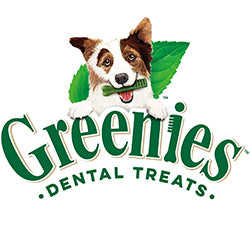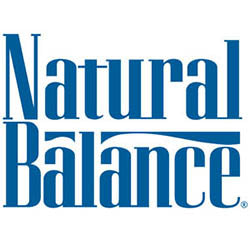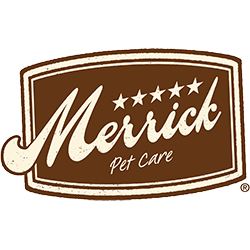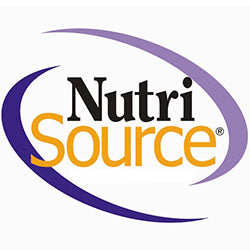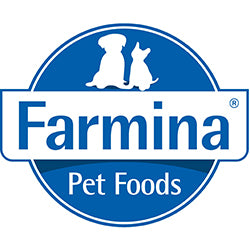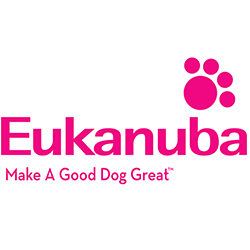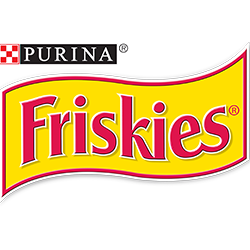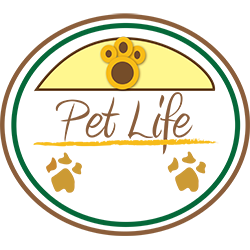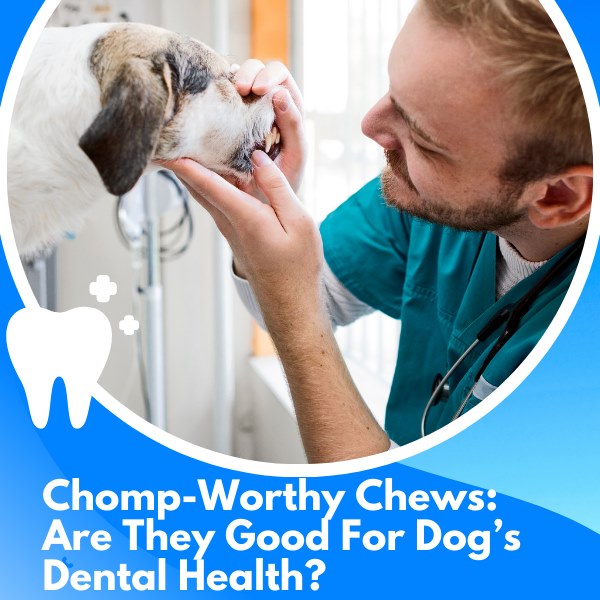
Chomp-Worthy Chews: Are They Good For Dog's Dental Health?
It's uncommon to find a dog that doesn't like chewing on something, be it a toy, stick, or something discovered on your regular walks. However, not everything you put in your dog's mouth is suitable for chewing. In reality, many objects that dogs find on their own and those offered in stores can endanger your pet's dental health.

Dental health can influence a dog's general health, including the heart and digestive system. Every pet parent who likes doggie kisses is well aware that tartar and plaque development may cause foul breath in even the prettiest of dogs.
Some commercially made chews can damage your pet's overall health, from cracked teeth and punctured gums to intestinal blockages and tummy discomfort. You can select your pet's best dental chew items by following these guidelines.
How Dental Chews Works?
Most dental chews eliminate plaque and tartar by scratching the surface of a dog's teeth. Anytime your dog chomps on its chews, its chewy texture enables the teeth to dig in for optimum contact with large areas of the tooth, resulting in a mechanical washing and scraping of the tooth surface.
For example, delmopinol, an anti-plaque chemical, reduces the stickiness of plaques, diminishing plaque cells' capacity to adhere to the tooth surface. Before plaque sticks to the tooth surface, enzyme cleaners break down plaque cells in different ways.
Benefits of Dog Dental Chews

Dogs, like their human counterparts, suffer from dental hygiene issues:
- Pain
- Foul breath
- Germs, drool, and food buildup on teeth (plaque)
- Irritated, bleeding, swollen gums
- Harsh yellow or brown tartar formation on teeth
The following are the principal ways these chews help combat these dental issues:
Improve Dog Teeth And Gum Health
The best dog dental chews produce less plaque accumulation. Furthermore, some dental treats for dogs can reduce plaque by up to 70%. As previously indicated, the chewing mechanism can make a difference. According to one study, a 50% increase in kibble diameter resulted in a 42% reduction in tartar. In the same study, the chemical coating of polyphosphate on the treats reduced tartar by 55%.
Getting Rid of Foul Breath
It's fairly common for a dog's breath to be a little unpleasant. Germs in the mouth commonly cause this, suggesting that your dog needs better gum or dental care. However, you should consult your veterinarian to ensure that poor breath isn't because of something more serious.
Some dog treats are developed to aid enhanced breath in addition to expert cleaning and regular dental brushing. Hard chew toys could also be beneficial. Check with your veterinarian for advice.
The Best Dog Dental Chews

- Crumps' Naturals Sweet Potato Chews - These are all-natural snacks created from sweet potatoes cultivated in North America. You find no preservatives, additives, or artificial colors in these delectable snacks. Each treat is chock-full of fibers, minerals, and vitamins and is an excellent alternative to rawhide chews.
- Gaines family sweet potato dog chews - Gaines Family Farmstead is committed to making chews with only one ingredient that your dogs will appreciate. Each piece is entirely composed of sweet potatoes cultivated in the United States and fashioned into a bone shape for additional fun munching. The sweet potatoes are cultivated in Vardaman, Mississippi, just a short distance from the food-grade production plant that cleans and slices them before blanching and drying.
- Indigenous dog dental chews - Indigenous Dental chews have a VOHC stamp of Approval and a revolutionary structure for cleaning teeth for fresher breath while battling tartar and plaque build-up. They're convenient and easy to digest for dogs of all types and sizes. Ascophyllum nodosum, organic kelp sourced from the clean, cold North Atlantic seas of Iceland, Canada, and Norway, is used to make these dental health chews.
- Ark naturals dental chews - Brushless Toothpaste from Ark Naturals is a gluten-free dental chew that contains natural herbal components to assist in between teeth cleanings. Plaque and tartar are removed safely and abrasively by the outside ridge of the dental chew. The chew's inner contains Ark's unique toothpaste core, which aids in the killing of germs that cause foul breath and remove tartar and plaque formation in the mouth.
- Pet naturals of Vermont calming dog chew - This chew’s research-backed recipe allows you to double or triple the dose safely. This calming dog chew isn't a sedative. Hence it won't give your pet any unpleasant side effects like sleepiness, dependence, or mood swings. Therefore, dog owners don't have to worry about long-term changes in their pet's health.
Precautionary Measure with Dental Dog Chews
As a result, not all dental dog treats are created equal. Some are more helpful or healthier than others. Consider the following aspects when selecting a dental chew for your dog:
Pick The Perfect Match - Adjust the treat or chew to your dog's size, taste, and disposition. For instance, aggressive chewers may prefer a tougher product.
Limit edible treats - Per the brand you decide to purchase, your edible chew could dissolve too quickly to fully impact your dog's teeth. Furthermore, these sweets can quickly accumulate a large number of calories. The general guideline is that the tinnier the dog, the less the treats should be. In any case, consult your veterinarian if you have any concerns.
Choose compressed chews with care - For instance, rawhide chews taste great and are also good for dogs' teeth. However, some breeds, especially vicious chewers, may swallow whole pieces or eat them too quickly.
Avoid Pig Ears And Hard Bones - Hard plastic chews, cow hooves, or sterilized beef bones will likely harm your dog's teeth strength. Even though dogs may adore pigs' ears, research has shown that they do not provide any dental advantages but increase the possibility of bacterial contamination.
Conclusion
Per the VOHC, dental treats for dogs decrease tartar and plaque by approximately 15–20%. Provided you get the right dog chews, you can use them to enhance the effects of brushing using an authorized toothpaste and decrease tartar and plaque by up to 25%. Fortunately, the VOHC Seal of Approval has been given to the aforementioned dental treats. So, you can shop for each one with confidence!
- Choosing a selection results in a full page refresh.

